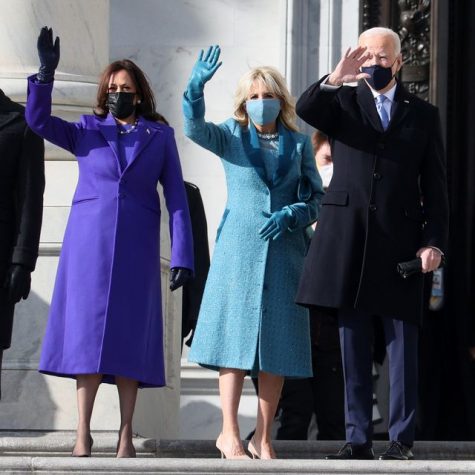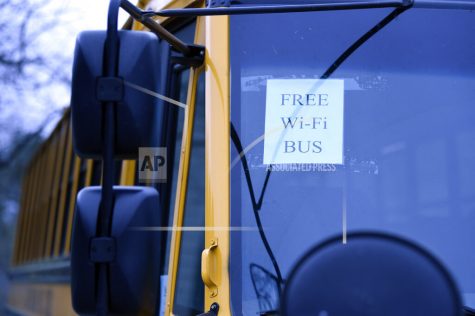Illinois governor extends stay-at-home order to April 30
April 1, 2020
SPRINGFIELD, Ill. (AP) — Illinois Gov. J.B. Pritzker on Tuesday extended his statewide stay-at-home order for three weeks as the nation struggles to contain the spread of the coronavirus.
Pritzker set a new deadline of April 30 for keeping people inside except for reporting to a job deemed essential or to take care of necessities, including getting food or going to a health care provider.
The new coronavirus has led to the deaths of at least 99 people in Illinois out of more than 5,994 infections. With 26 additional deaths reported Tuesday, and 937 new cases, the number continues to grow, Pritzker said.
“Our greatest risk of hitting capacity isn’t right now, but weeks from now,” Pritzker said. “The virus is spreading and growing. So are its risks. We must not let up now.”
The Commission on Government Forecasting and Accountability, a bipartisan legislative fiscal analyst, said Tuesday that it’s possible that the economic impact of COVID-19 could mean a drop in state tax revenues of $8 billion — about 20% of the state’s typical annual income — although the loss might be spread over several years. The General Assembly has canceled 11 days of its spring session in Springfield through Friday.
Pritzker initially closed schools and restaurants and bars on March 13, then issued a stay-at-home order a week later. That was to end April 7, but experts cautioned it would be premature. On Sunday, President Donald Trump said that social-distancing rules should run through April.
Chicago Mayor Lori Lightfoot said Tuesday that the city is renting nearly 300 hotel rooms for first responders working during the coronavirus outbreak and worried that returning home between shifts puts their family members at risk.
Lightfoot said the city will foot the costs for first responders including Chicago’s police, firefighters or paramedics who want to room downtown. She said the city is making similar arrangements for healthcare workers.
City health authorities have reported 2,167 positive cases of COVID-19 and 16 deaths linked to the virus in Chicago.
“There’s no sugarcoating this,” Lightfoot said. “The numbers are going to get worse before they get better.”
Chicago previously reserved more than 2,000 downtown hotel rooms for people who needed a place to isolate or quarantine away from home as they recover from mild cases of COVID-19, the disease caused by the virus, that do not require hospital stays.
Another concern is how to deal with prisoners with the virus.
The state reported the death of an inmate at the state prison in Joliet on Tuesday. At least 32 inmates and 18 staff members at the prison have the virus.
Pritzker’s Department of Corrections is reviewing case files of low-level offenders for possible release; hundreds, including pregnant inmates and new mothers, have been set free. Prison employees are wearing protective gear.
At the Cook County Jail, 134 inmates had tested positive by Monday, up from 24 just four days before. A special panel of judges is holding hearings to determine whether nonviolent offenders in the county can be released. Cook County Board President Toni Preckwinkle is aiming for a jail population of 4,000, down from more than 5,400 on March 21.
“The jail is a petri dish,” Preckwinkle told reporters Tuesday.
For most people, the new coronavirus causes mild or moderate symptoms, such as fever and cough that clear up in two to three weeks. For some, especially older adults and people with existing health problems, it can cause more severe illness, including pneumonia, and death.
___
Foody reported from Chicago. Associated Press writer Don Babwin contributed from Chicago.
___
Follow O’Connor at https://twitter.com/apoconnor and Foody at https://twitter.com/katiefoody


